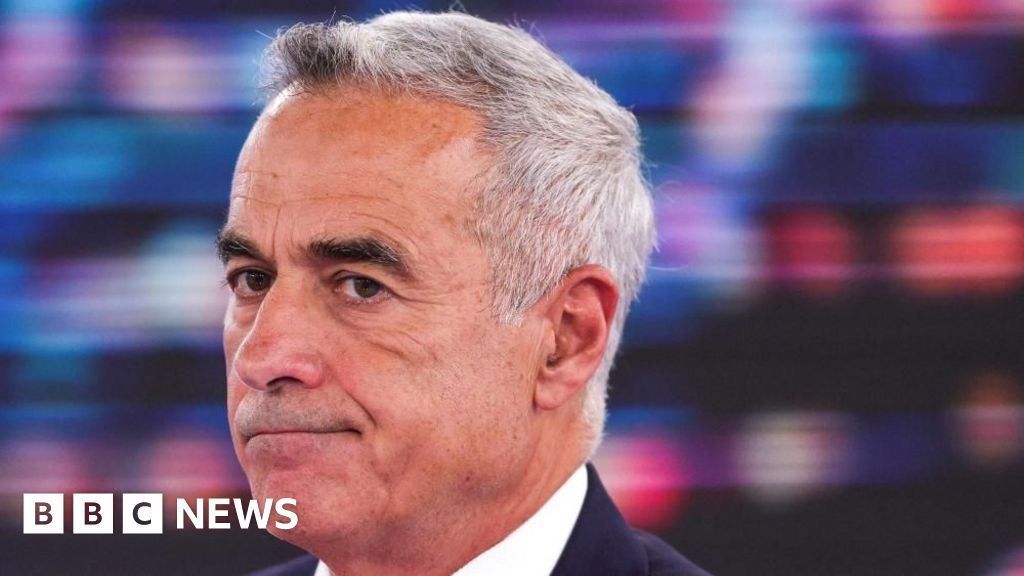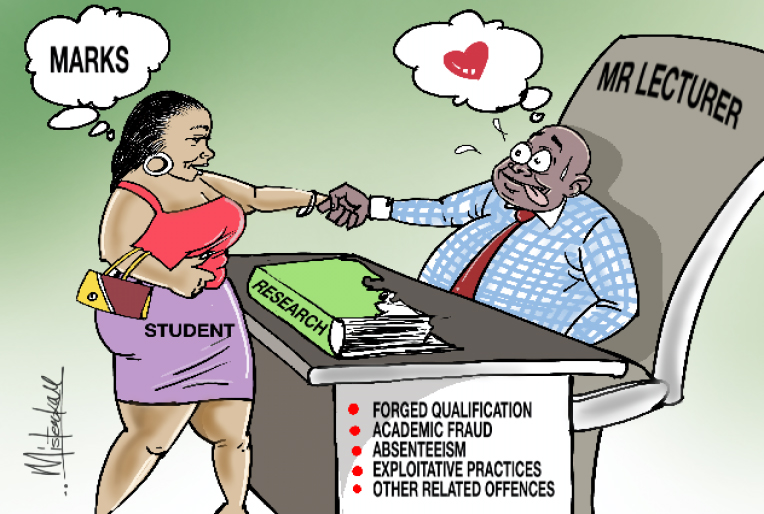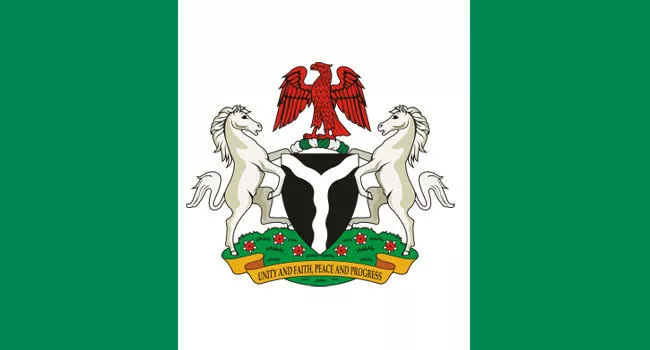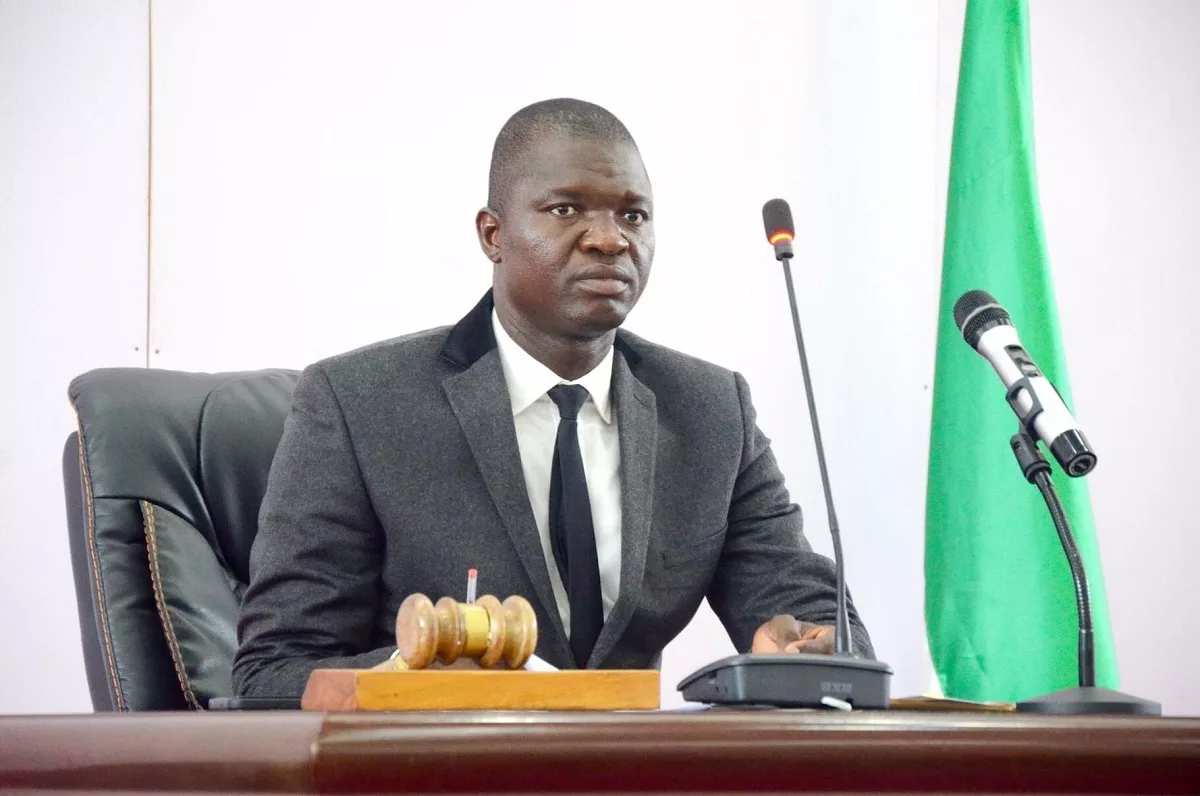In a recent incident that sparked widespread outrage, Alex Ikwechegh, a member of the House of Representatives representing Aba North/South of Abia State, allegedly assaulted a Bolt driver, Stephen Abuwatseya, in a display of arrogance and disregard for the law.
The incident, which occurred on October 28, 2024, in Abuja, has revealed not only the unacceptable behaviour of some public officials but also a deeper, systemic problem of indiscipline and a sense of entitlement that continues to plague that segment of the society.
While the viral video depicting the assault is shocking in its rawness, what is even more disturbing is the cavalier attitude displayed by Ikwechegh, who, after the incident, was granted bail for ₦500,000 and allowed to walk free as the legal process unfolds. His actions, which included slapping and insulting Abuwatseya in his home over the delivery of a package, illustrate a dangerous trend where some lawmakers feel that their power, position, and privilege grant them the right to act above the law.
What is even more intriguing is the latest action taken by the victim. Despite the evidence of physical assault, the Bolt driver, who initially sought legal redress, seems to have been influenced not only to abandon his legitimate right to legal redress for the hurt done to him but has made a complete U-turn by apologising to the very man who had physically assaulted him for the public embarrassment caused him by the incident.
This apology, perhaps driven by pressure or fear, reflects a disturbing power dynamic in which those in positions of political authority can wield their influence to intimidate society’s most vulnerable members. The apology may have been meant to de-escalate the situation. Still, it only reinforces the deeply ingrained sense of entitlement that has come to define the behaviour of some political officeholders in Nigeria.
It is not the only time in recent memory that a lawmaker will descend to fisticuffs to settle scores with members of the public at the slightest provocation. In July 2019, Senator Elisha Abbo, who represented Adamawa State in the 9th Assembly, was caught on camera assaulting a nursing mother in a sex toyshop in Abuja.
Like this one, that incident drew public anger with calls for the strictest punishment to deter future offenders. There was a Senate enquiry that led to no severe retribution. A magistrate court struck out the case in August 2020 despite video evidence. However, in September 2020, the Federal Capital Territory (FCT) High Court in Maitama, Abuja, ordered Senator Abbo, to pay N50 million as compensation to Osimibibra Warmate, a lady he assaulted in 2019. The senator went on appeal.
Much earlier, the National Assembly lawmakers had descended to blows on occasions, with incidents captured on national television, actions that in no small measure reduced their standing in the estimation of the public, local and international.
In the instant, while Ikwechegh did offer a public apology, his belated contrition, coupled with the decision to settle the matter through alternative dispute resolution, does little to address the more significant issue at hand: a culture of impunity that allows lawmakers to act without fear of consequence. His apology may be a step toward personal reconciliation. Still, it falls short of addressing the systemic problems within the Nigerian political system. Politicians have been allowed to act with impunity for too long, and the lack of meaningful accountability for such actions sends a dangerous message to the public.
The incident underscores the need for a serious and sustained effort to address the indiscipline and sense of entitlement that has become endemic among many in Nigeria’s political class. Lawmakers responsible for making laws and upholding the public good must be held to a higher standard. The privileges and protections that come with public office should never be an excuse for misconduct. If political leaders cannot respect the basic principles of civility and justice, how can they be expected to serve the people effectively?
This case should serve as a wake-up call. We need more robust mechanisms to hold lawmakers accountable, not just in terms of their legislative duties but also in their personal conduct. It is time for Nigeria to adopt a zero-tolerance policy toward abuse of power and for the public to demand that those who are given the privilege of leadership act with the responsibility it requires. Until that happens, the culture of impunity will persist, and the trust between the people and their leaders will continue to erode.
In other climes, the driver’s apology would have been interpreted as executive influence and obstruction of justice. But this is Nigeria, where officeholders feel entitled to conducts that put them above the law.

 1 week ago
30
1 week ago
30















 English (US) ·
English (US) ·